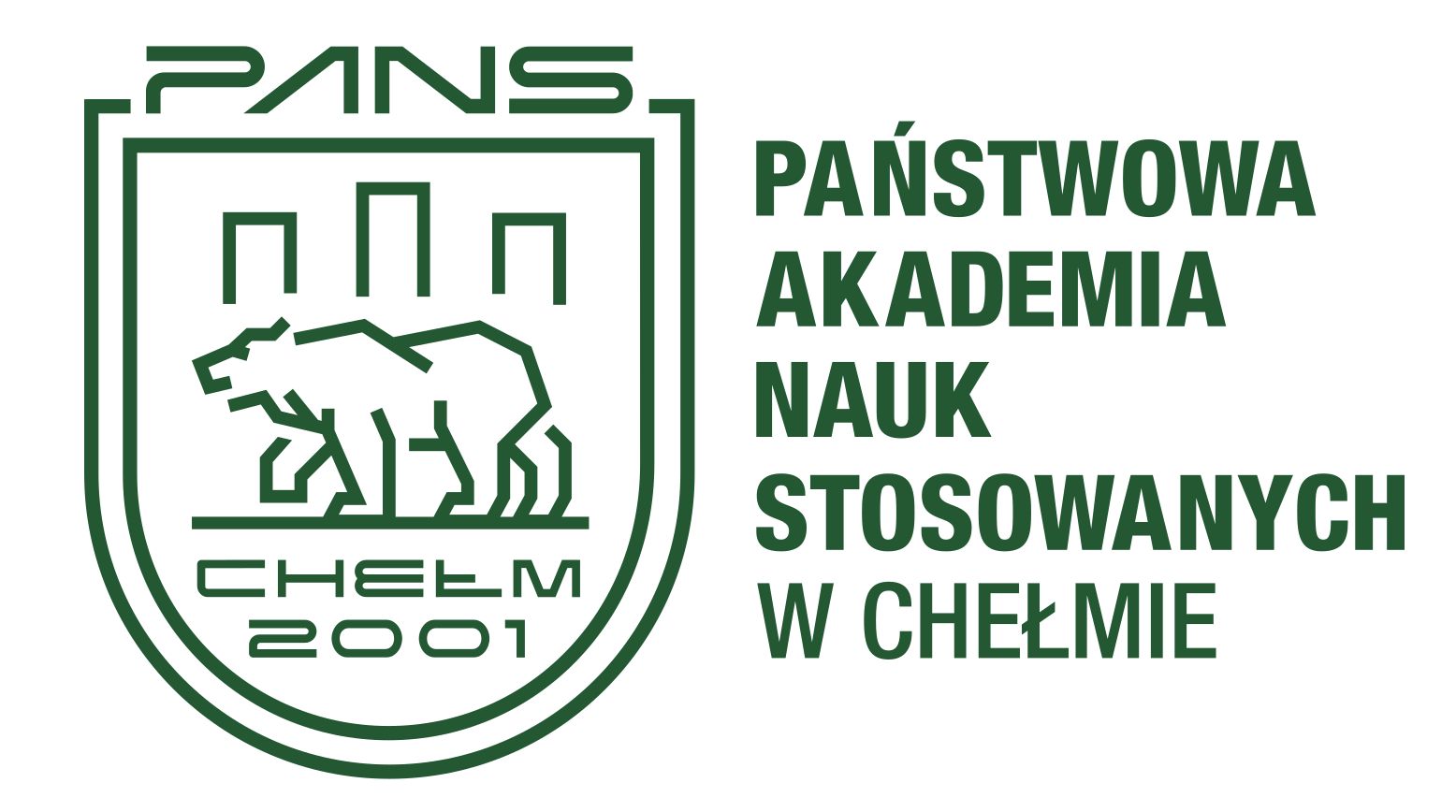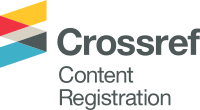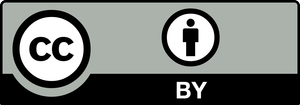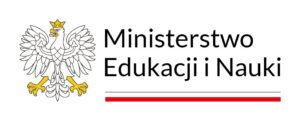Ethical principles
The principles of publication ethics have been prepared based on the guidelines of the Committee for Publication Ethics — COPE (COPE Code of Conduct, Guidelines on Good Publication Practice, Code of Conduct and Best Practices Guidelines for Journal Editors). The developed standards concern the ethical principles applicable to the editorial team, reviewers and authors of the journal «Language, Culture, Politics. International Journal»
The Editorial Board Policy
- The editors are obliged to monitor the ethical standards of accepted articles and prevent practices that are inconsistent with the accepted standards.
- When making a decision on admission to printing, the editorial board is guided by such issues as: scientific significance of the submitted text, originality of the problem, transparency, and compliance with the declared subject of the journal.
- The substantive assessment of the text cannot be influenced by such issues as gender, nationality, religion, citizenship or political beliefs of the author.
- The editors do not disclose information on unpublished articles. The only persons authorized to access the information are: the author/authors of the text, appointed reviewers and the publisher.
- The editors reserve the right to collect information and disclose cases of ghostwriting and ghost authorship.
- The editors, if necessary, are ready to publish corrections, explanations and apologies.
The Reviewer Policy
- The reviewers participate in the work of the editorial team. Agreements with the authors may also influence the final shape of the texts published in the Journal.
- Reviewed texts at the review stage are confidential and may not be made available to third parties.
- The review should be objective — personal criticism of the author is not allowed, all comments/observations should be justified.
- If it is not possible to meet the requirement to deliver the review within the set time limit, the reviewers are obliged to inform the editors about it.
- The reviewer should not judge in the case of occurrence of a possible conflict of interest with the author/authors of the text.
The Responsibilities of the Authors
- The authors are required to submit original texts. When in the text, the authors use studies/research results of other authors, they are obliged to use appropriate citation marks.
- The authors should not publish the submitted text describing the same research results in more than one publishing house.
- The authors are obliged to indicate the sources that they used while creating the text.
- The editors may ask the author/authors to provide unprocessed sources/research results referred to in the text. The appropriate request may also occur for some time after the publication of the text.
- All persons mentioned in the submitted work as authors or co-authors should actually have a significant share in the creation of the text (design, idea, planning, execution, interpretation of results). All persons who influenced the final shape of the paper should be listed as co-authors.
- If the author/authors detect a significant error or inaccuracy in the published text, he/she is obliged to immediately inform the Editorial Board of this fact and to cooperate in order to withdraw the text or correct the error.
Having been concerned about the scientific reliability of published articles, the Editorial Board makes selections in accordance with the principles of ghostwriting and ghost authorship.
Ghostwriting and guest authorship are cases of academic dishonesty. All disclosed cases will be made public and reported to the competent authorities (institutions employing authors, scientific societies, academic editorial teams).
The authors are required to disclose their contribution to the article (for this purpose, they use a template of an appropriate statement when they submit the text for publication). The author submitting the text bears the main responsibility.
The editors ask for information on the sources of articles funding, contributions of scientific and research institutions, associations and other entities (financing spheres). The Editorial Board keeps records of all cases of academic dishonesty, especially violations of scientific ethics.









